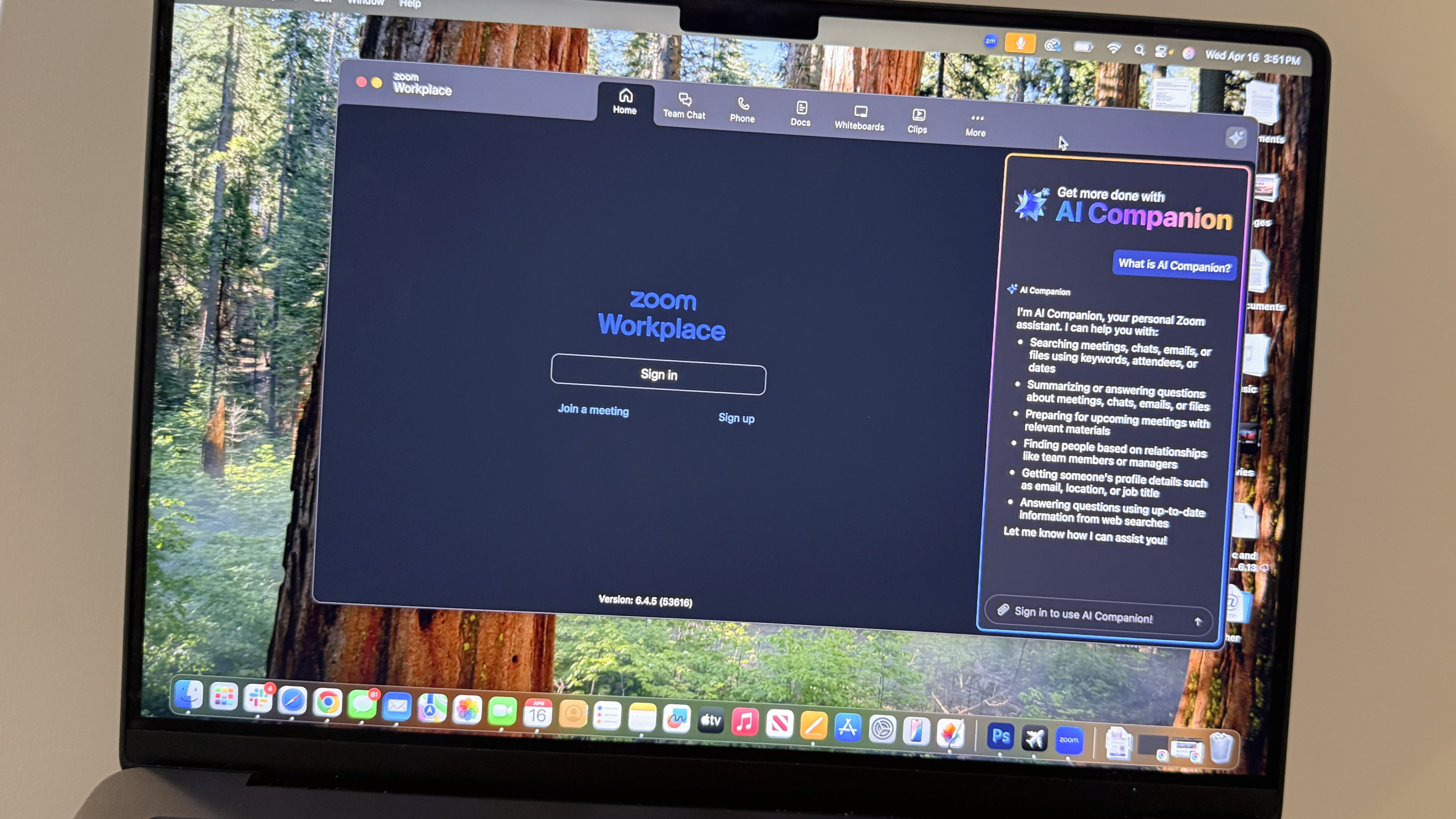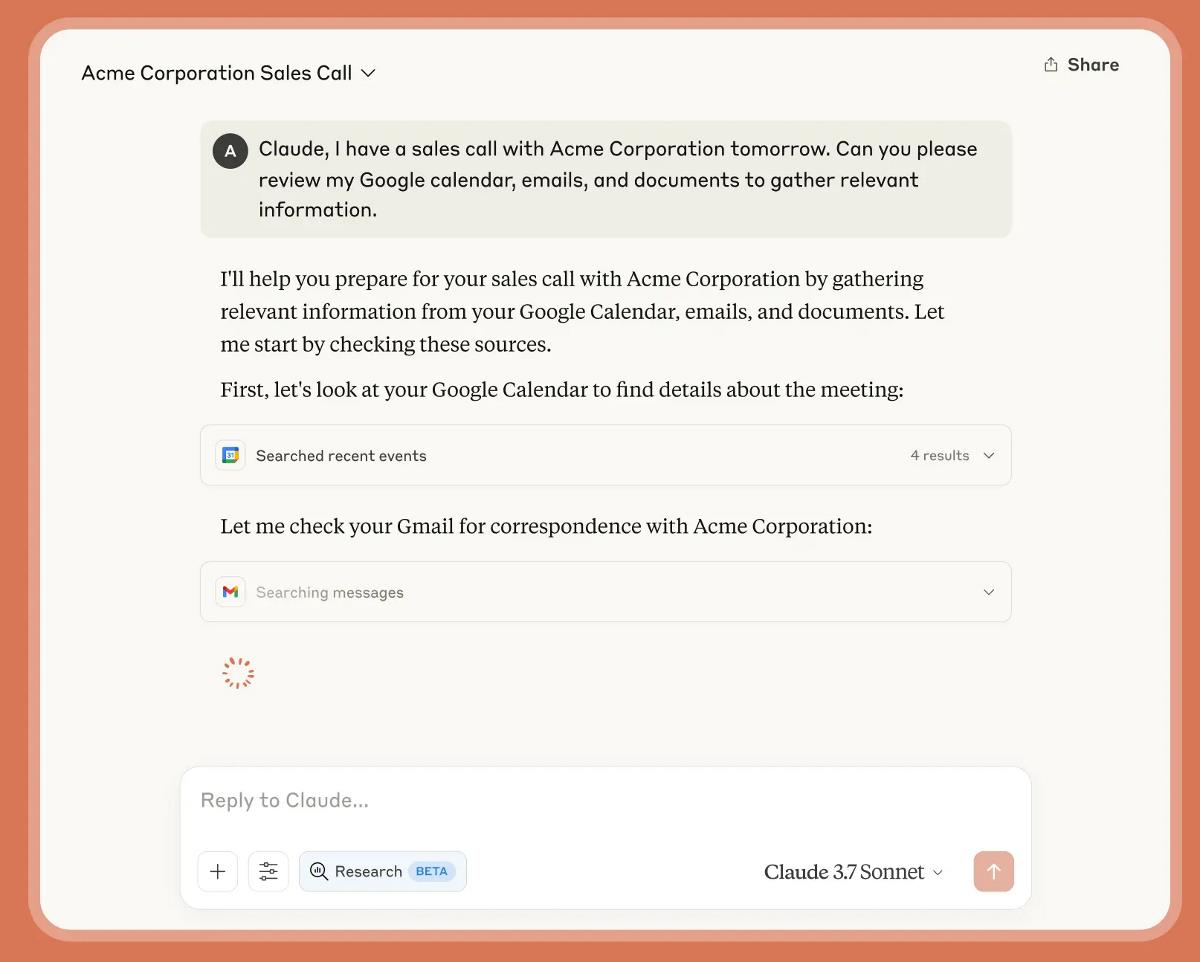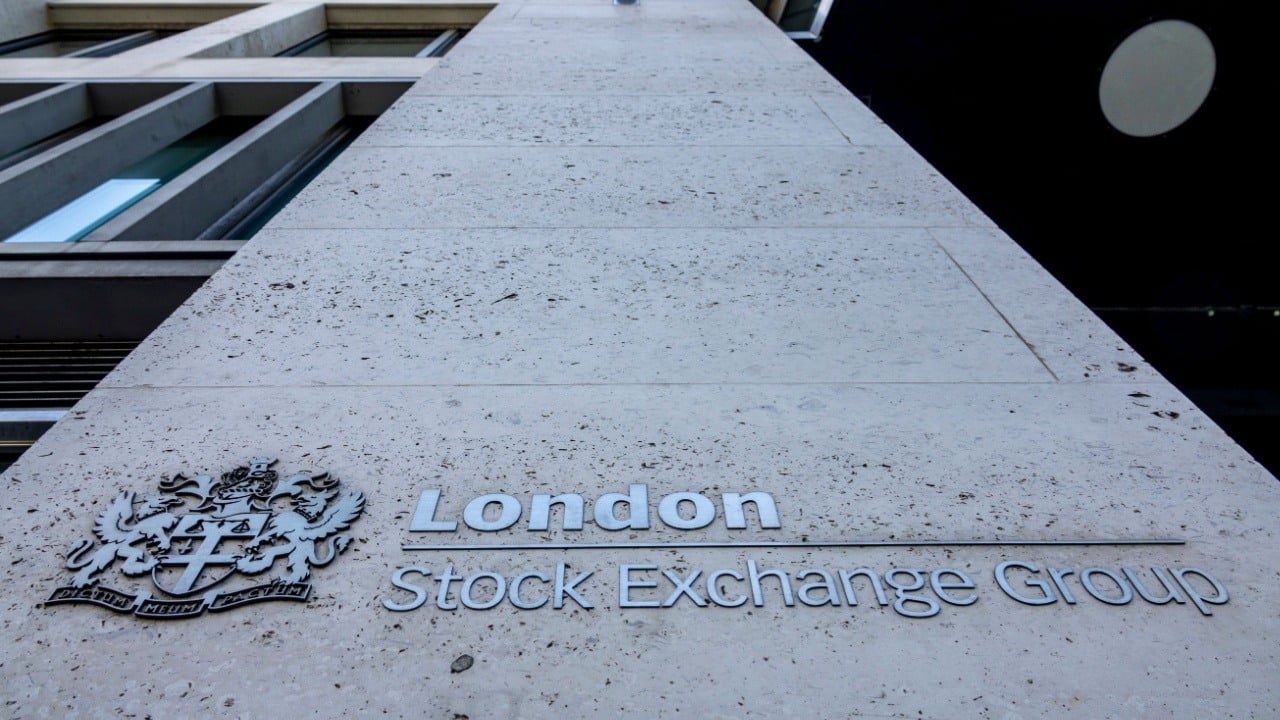Leaders: Changing your mind is fine, but you need to communicate
Ralph Waldo Emerson once wrote that “a foolish consistency is the hobgoblin of little minds.” Despite the popular image of a strong leader as one who makes bold decisions and sticks with them, great leadership actually requires adapting to changing circumstances. A course of action that seemed like a great idea on one day may be a clear losing proposition when additional information becomes available. A complexity with changing your mind as a leader is that your previous choices and plans affect a number of other people’s lives. People who work for you are currently working to implement the plan you laid out. Others, like clients or suppliers, may be planning future engagements based on the initial plan you announced. Furthermore, your change of heart may have a negative impact on some of those people. Your decision may influence people’s jobs or the success of other companies. So it’s natural to feel some regret that your choice may hurt others. It might even feel humane to delay the impact of your decision to the last moment. Resist the urge to kick that can down the road. Why prompt communication is so important As a leader, you are responsible not only for the success of an organization but also for creating a trusted environment that enables people to thrive in their work. When you withhold key information about changes in plans, you may temporarily delay people’s disappointment, but you can have a more permanent impact on the overall environment you have created. The success of most plans is a self-fulfilling prophecy. As a leader, you chart a course of action, provide resources, and move forward. Trust in your leadership creates energy for people who work for you and with you to engage in the effort to turn that plan into a reality. When you delay an announcement about a change, you waste people’s time. They have invested themselves (and perhaps other resources) in your future vision. The longer you delay, the more of that investment they could have put elsewhere. That lost time will create a resentment that will likely affect how much work people want to put into future requests you make. So, kicking the can down the road rather than communicating quickly mortgages the success of future projects to avoid facing a hard conversation in the present. What happens when you do communicate effectively You may push off a difficult conversation to spare someone from having to get bad news, or perhaps to avoid having to deliver bad news. Ultimately, though, this delay does not avoid the problem—if anything, it magnifies it. When you change your mind, some people might be upset. But they are going to have to find out eventually. You may as well get it out of the way at a time when you avoid other complications like leading people to make future plans based on their (now mistaken) beliefs about the future. Finally, you may be surprised at how well most people take it when you tell them of a change of heart. Often, other people also have reservations about a course of action you have selected, and so the people you fear upsetting may instead be relieved you have reversed course. Even when you’re giving news that will genuinely disappoint someone else, they’re likely to recognize that not every decision in the workplace can go in their favor. Your colleagues are probably mature enough to handle bad news with grace and professionalism. So, your concerns about the consequences of difficult conversations ma be overblown.

Ralph Waldo Emerson once wrote that “a foolish consistency is the hobgoblin of little minds.” Despite the popular image of a strong leader as one who makes bold decisions and sticks with them, great leadership actually requires adapting to changing circumstances. A course of action that seemed like a great idea on one day may be a clear losing proposition when additional information becomes available.
A complexity with changing your mind as a leader is that your previous choices and plans affect a number of other people’s lives. People who work for you are currently working to implement the plan you laid out. Others, like clients or suppliers, may be planning future engagements based on the initial plan you announced.
Furthermore, your change of heart may have a negative impact on some of those people. Your decision may influence people’s jobs or the success of other companies. So it’s natural to feel some regret that your choice may hurt others. It might even feel humane to delay the impact of your decision to the last moment.
Resist the urge to kick that can down the road.
Why prompt communication is so important
As a leader, you are responsible not only for the success of an organization but also for creating a trusted environment that enables people to thrive in their work. When you withhold key information about changes in plans, you may temporarily delay people’s disappointment, but you can have a more permanent impact on the overall environment you have created.
The success of most plans is a self-fulfilling prophecy. As a leader, you chart a course of action, provide resources, and move forward. Trust in your leadership creates energy for people who work for you and with you to engage in the effort to turn that plan into a reality.
When you delay an announcement about a change, you waste people’s time. They have invested themselves (and perhaps other resources) in your future vision. The longer you delay, the more of that investment they could have put elsewhere. That lost time will create a resentment that will likely affect how much work people want to put into future requests you make. So, kicking the can down the road rather than communicating quickly mortgages the success of future projects to avoid facing a hard conversation in the present.
What happens when you do communicate effectively
You may push off a difficult conversation to spare someone from having to get bad news, or perhaps to avoid having to deliver bad news. Ultimately, though, this delay does not avoid the problem—if anything, it magnifies it. When you change your mind, some people might be upset. But they are going to have to find out eventually. You may as well get it out of the way at a time when you avoid other complications like leading people to make future plans based on their (now mistaken) beliefs about the future.
Finally, you may be surprised at how well most people take it when you tell them of a change of heart. Often, other people also have reservations about a course of action you have selected, and so the people you fear upsetting may instead be relieved you have reversed course.
Even when you’re giving news that will genuinely disappoint someone else, they’re likely to recognize that not every decision in the workplace can go in their favor. Your colleagues are probably mature enough to handle bad news with grace and professionalism. So, your concerns about the consequences of difficult conversations ma be overblown.








































































































































































![[The AI Show Episode 144]: ChatGPT’s New Memory, Shopify CEO’s Leaked “AI First” Memo, Google Cloud Next Releases, o3 and o4-mini Coming Soon & Llama 4’s Rocky Launch](https://www.marketingaiinstitute.com/hubfs/ep%20144%20cover.png)

















































































































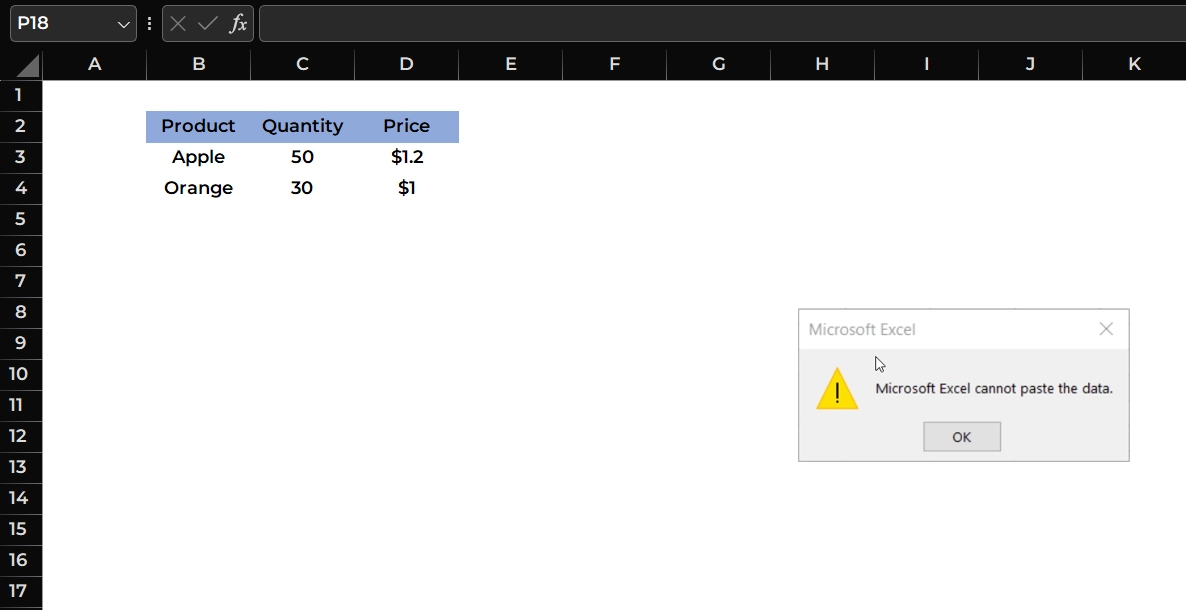


















































































![GrandChase tier list of the best characters available [April 2025]](https://media.pocketgamer.com/artwork/na-33057-1637756796/grandchase-ios-android-3rd-anniversary.jpg?#)










































.png?width=1920&height=1920&fit=bounds&quality=70&format=jpg&auto=webp#)











































































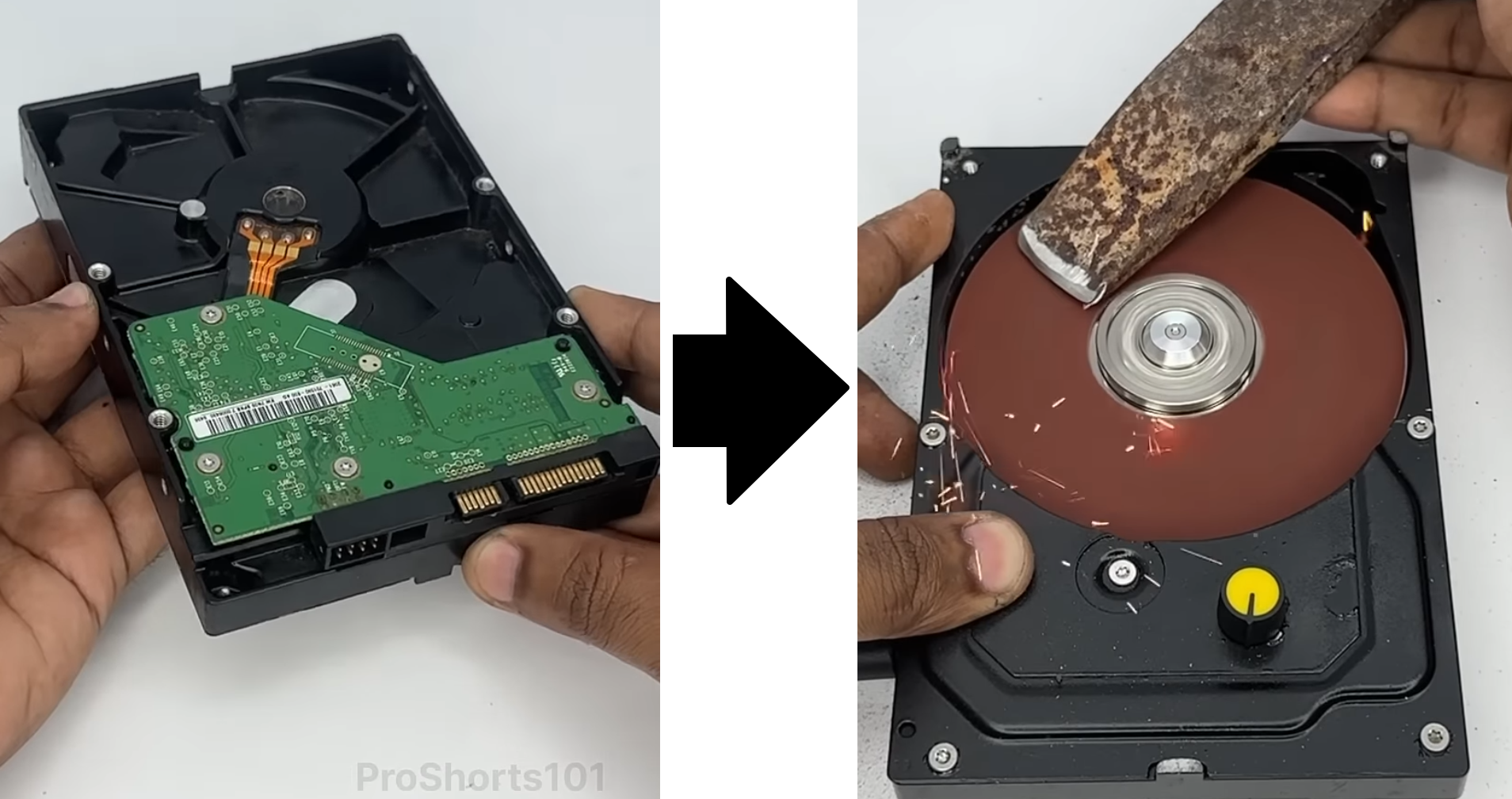

















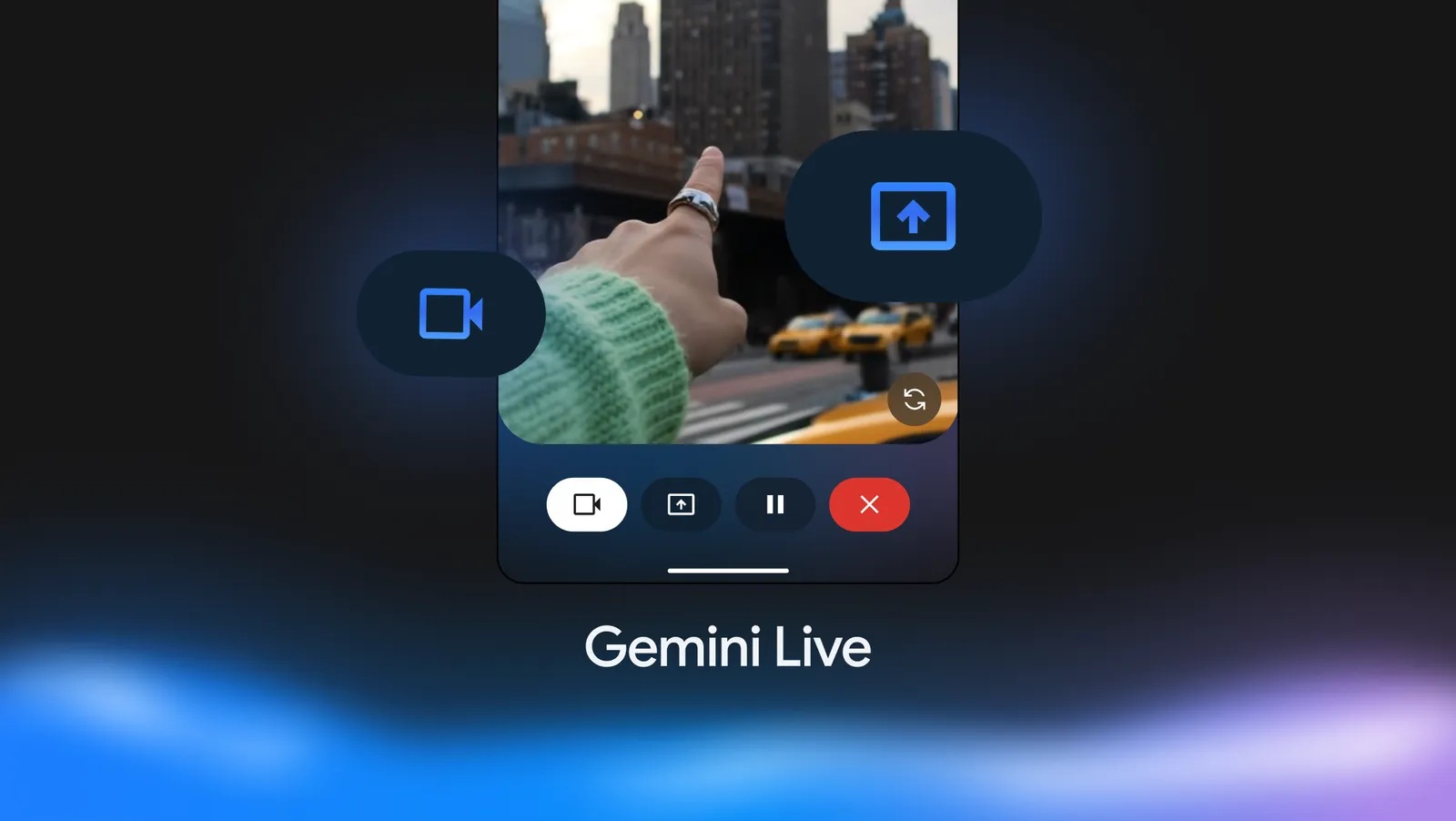



































![Apple M4 13-inch iPad Pro On Sale for $200 Off [Deal]](https://www.iclarified.com/images/news/97056/97056/97056-640.jpg)
![Apple Shares New 'Mac Does That' Ads for MacBook Pro [Video]](https://www.iclarified.com/images/news/97055/97055/97055-640.jpg)

















